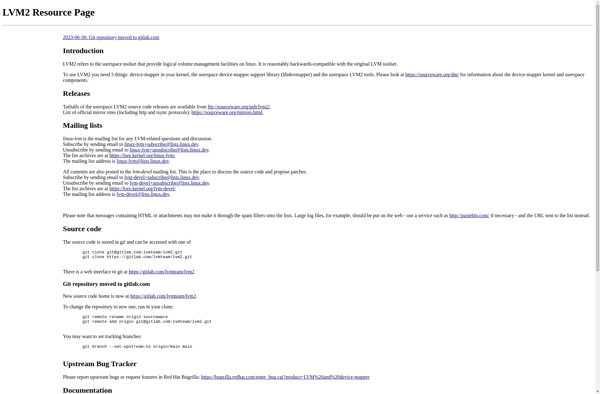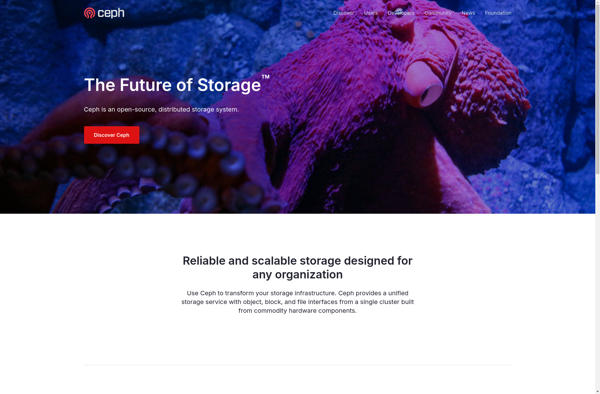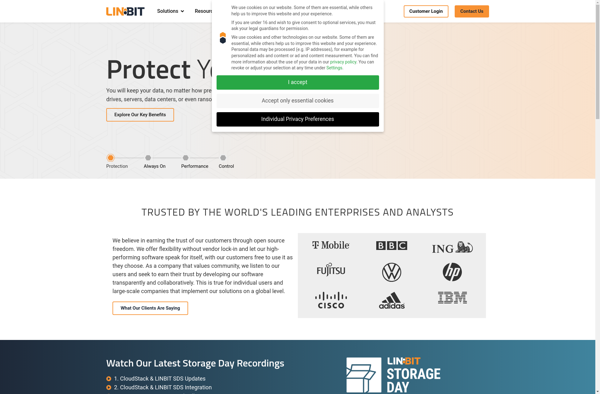LVM2

LVM2 (Logical Volume Manager 2)
Open-source logical volume manager for Linux, managing disk drives for large, flexible storage volumes
What is LVM2?
LVM2 (Logical Volume Manager 2) is an open-source logical volume manager for the Linux kernel that manages disk drives and similar mass-storage devices. LVM provides a layer of abstraction over physical storage, allowing administrators to create logical storage volumes that can be easily resized and moved as needed.
Some key capabilities of LVM include:
- Creating logical volumes out of physical storage devices and partitions for mounting file systems
- Resizing, moving and renaming logical volumes on the fly while file systems are mounted
- Creating volume groups that combine multiple physical volumes into a pool of storage
- Taking snapshots of file systems for backups
- Stripping or mirroring data across multiple disks for performance or redundancy
LVM volumes can be resized to any size, span multiple disks and physical locations, and can be extended easily on an active system with minimal downtime. This gives administrators much more flexibility in managing storage than using raw disk partitions. LVM is commonly used in Linux server environments for creating flexible storage configurations.
LVM2 is the successor to the original LVM tools. It improves on various limitations of LVM while maintaining backward compatibility. LVM2 continues to be actively developed as a core Linux storage management technology.
LVM2 Features
Features
- Manage disk drives and mass-storage devices
- Create flexible, logical storage volumes
- Resize and extend storage volumes dynamically
- Provide redundancy and fault tolerance
- Snapshot volumes for backup and recovery
- Migrate data between physical volumes
Pricing
- Open Source
Pros
Cons
Features
- Logical Volume Management
- Flexible storage volumes
- Ability to resize and move volumes
- Support for RAID and mirroring
- Snapshots and thin provisioning
- Efficient use of storage space
- Scalable and dynamic storage management
Pricing
- Open Source
Pros
Cons
Official Links
Reviews & Ratings
Login to ReviewThe Best LVM2 Alternatives
Top System & Hardware and Storage Management and other similar apps like LVM2
Here are some alternatives to LVM2:
Suggest an alternative ❐Ceph

GlusterFS

DRBD

Logical Volume Manager
